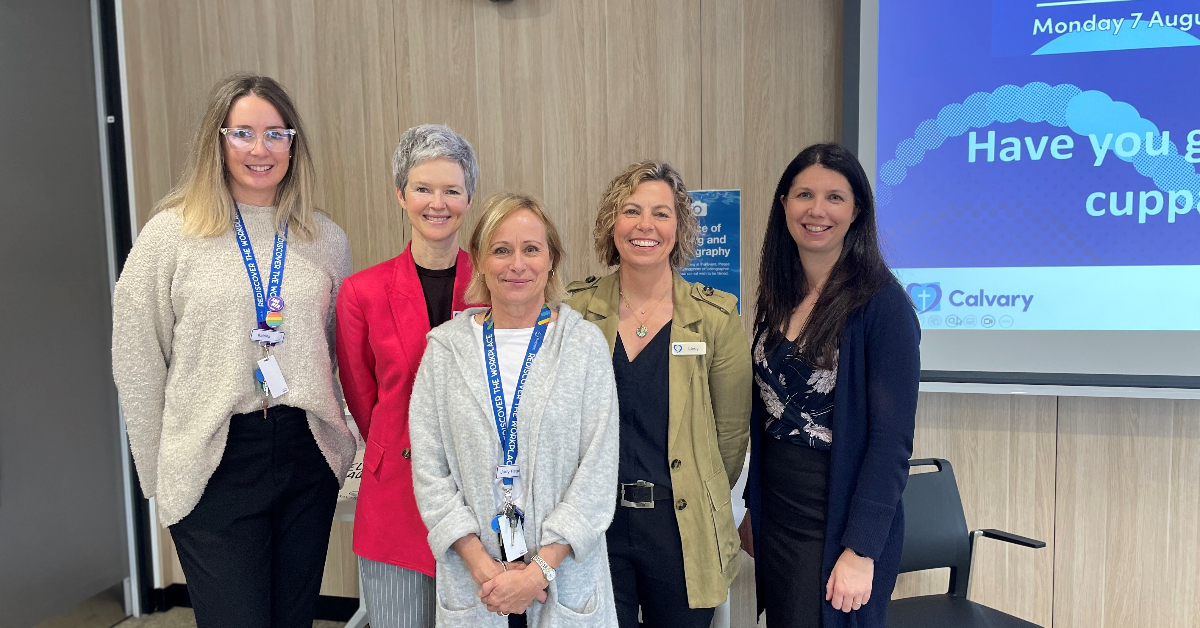Dying to Know Day – 8 August 2016

At some stage, everyone is likely to come into contact with people who have, a serious advancing illness and are approaching the end of their life or dying.
If you find it hard to talk about end of life and dying, you’re not alone! Many people in the community find these things really hard to talk about. No matter where you were born, what language you speak or where you live, one thing everyone has in common is that one day, each of us will die.
Dying is unique – you can’t talk to someone who has died about what dying was like. However, most people have experienced the death of someone close to them.
For some people, as they get older and have more health problems and illness, they may choose to talk about end of life issues with their doctor or another person who is caring for them.
Why is it important to talk about death and dying?
Family, close friends and people caring for you (if applicable) understand what’s important to you. This is important for everyone – you don’t need to be older or unwell!
If you are unable to speak for yourself, health care professionals know who you would like them to speak to about your care.
Where do I start? What can I say?
Think about who you would like to talk to– this may be a family member, close friend, doctor or someone else you are comfortable with
Talk to them about what matters most to you
Use the words ‘death’ and ‘dying’ can be confronting so you may choose instead to focus on your goals, what’s important to you as you get older and may not be able to speak to your doctors about the type of care you would like.
It is really important that once you start talking about dying , you keep talking. Over time, your priorities can change. Each time you talk about these issues, it will probably get a little easier.
To find out more and download useful resources, visit http://www.dyingtoknowday.org/


